Earlier this week, the world lost one of the pioneering voices in music, Ozzy Osbourne. As a publication that has been known to occasionally traverse in the worlds he helped shape, we knew we had to get a few contributors to write about selections from across his extensive catalog. RIP to a maverick of metal and hard rock.
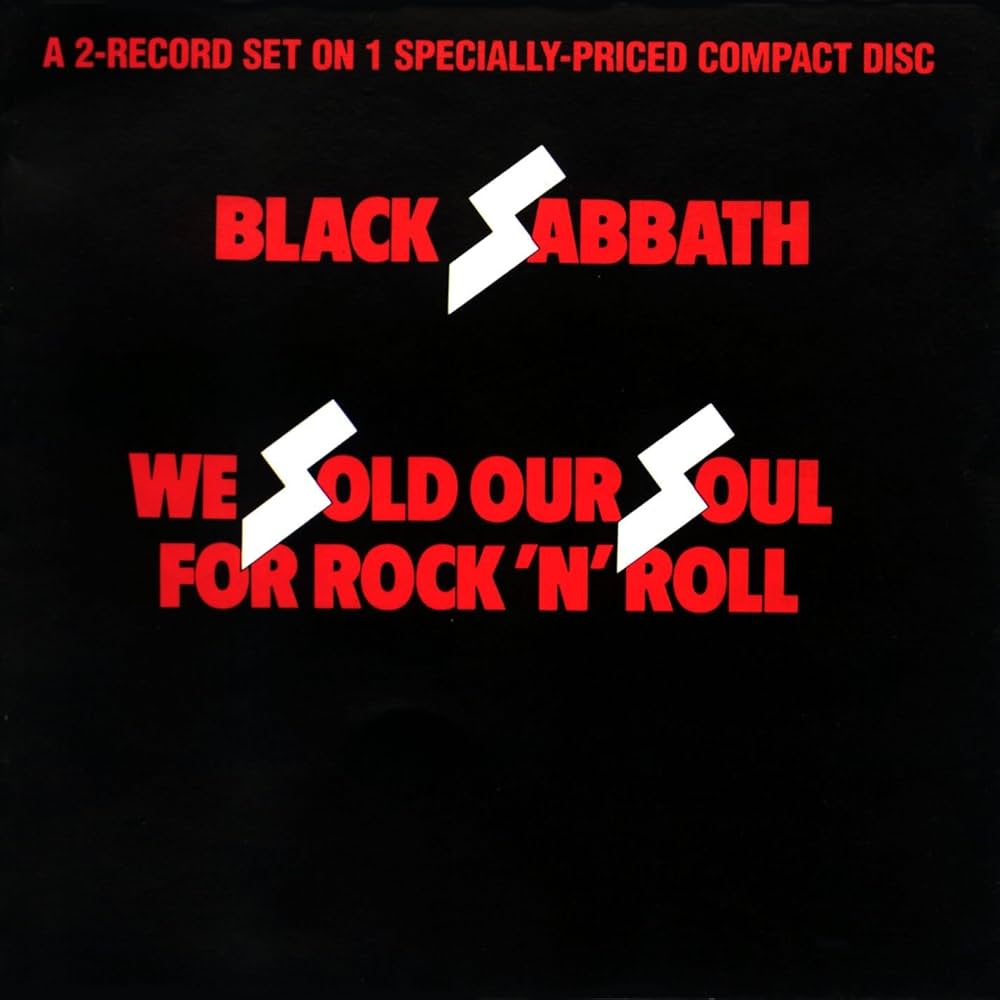
Black Sabbath – WE SOLD OUR SOULS FOR ROCK ‘N ROLL
Just when you think things could not get any shittier on planet Earth in the Year of Our Lord 2025, Ozzy Osbourne dies.
I was dropping off an amp for repairs before heading up to a friend’s house to work on some music when he texted me the news—I was deflated by sadness and, frankly, just a little disbelief. Ozzy can’t die. That’s his whole thing! After all the shit he’s put himself through, he’s always been there. So as I pulled out of the parking lot, I put on Black Sabbath’s first compilation album, WE SOLD OUR SOULS FOR ROCK ‘N ROLL.
I honestly don’t remember whether I heard Ozzy’s solo music or Black Sabbath first, but when I think of him, I think of this compilation. It was always present in the CD binder my dad kept in his truck, and it was always an album that he, my younger brother, and I could agree on. I remember my dad always getting pumped during “‘Sabbath Bloody Sabbath” as he sang along with Ozzy’s cry of “You Bastards!” while I mouthed the word silently, unsure if I was allowed to say it. I remember asking my guitar teachers if I could stop working on scales and learn the riffs to “Iron Man” and “Paranoid” instead. I remember wondering if I should pay a little more attention in Sunday school as a feeling of dread overtook me every time I heard Ozzy cry out for God to help him as the Devil chased him at the end of the song “Black Sabbath”—a few tracks later, I’d find myself rooting for Satan when he showed up to punish the elites and politicians for their sins on “War Pigs.” And I remember always asking my dad to skip “Changes,” because there was nothing cool or heavy about piano ballads, yet as I listened to it on my drive today it made me think fondly of those drives where he’d leave it on, the kind of heaviness in the lyrics completely lost on me.
Whenever Ozzy sang, you knew it was him before he finished the first word of the song. The music of Black Sabbath got your attention with a heavy metal kick to the teeth, and it was his voice that kept you hooked.
Whether he was terrified or doing the terrifying, heartbroken or vengeful, blessing you or damning you, he said it with such power and emotion that you believed him. Even as he grew older and more frail over the past several years, he was still the Prince of fucking Darkness. There will never be another one like him. [Jake Mazon]
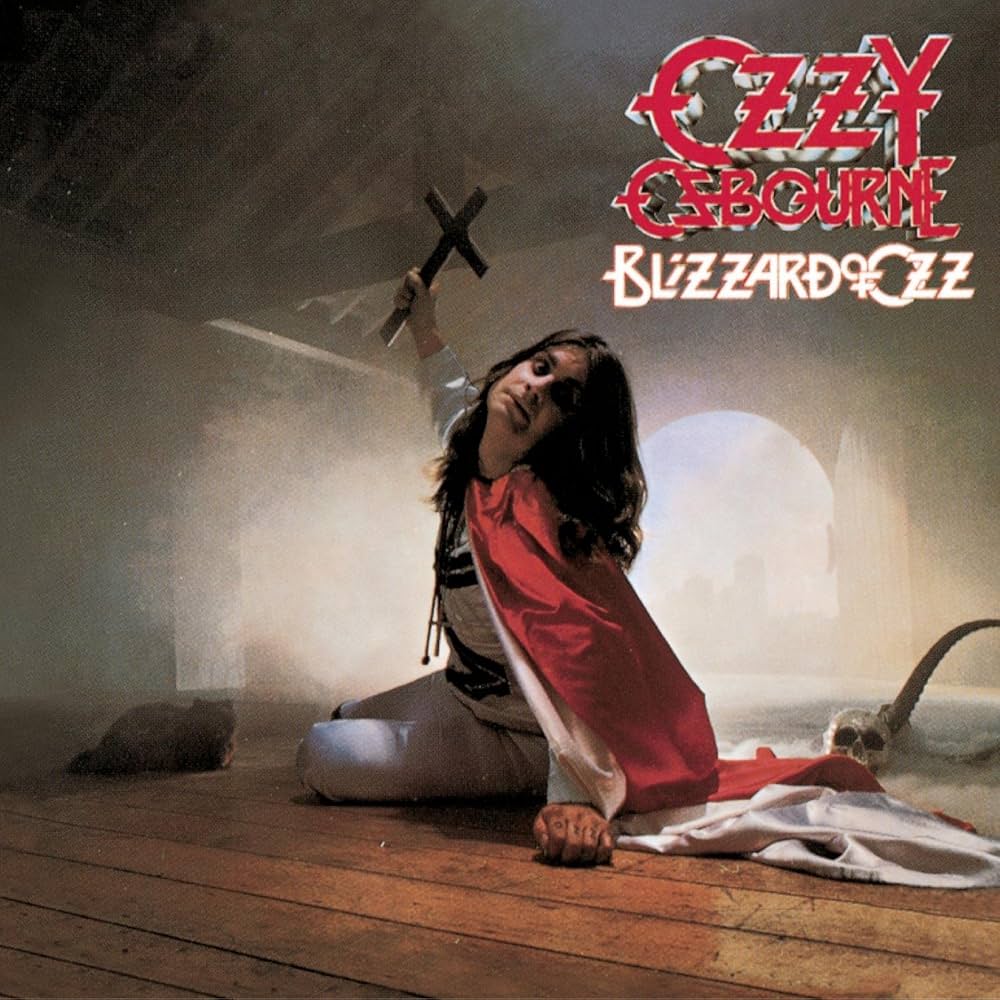
Ozzy Osbourne – THE BLIZZARD OF OZZ
I was born five days before the ‘80s ended, and I was a preemie baby in a NICU incubator—so you could say I spent the ‘80s in a vacuum.
The 1980s is the realm of an older brother I never had, the decade my parents graduated high school and entered college. I diligently studied VH1 100 Greatest Artists of Hard Rock—Ozzy solo was #18, ahead of the Clash but behind Ramones and Cream, Black Sabbath were #2, behind Led Zep. Ozzy was a fixture of celebrity talking head and WORLD OF WARCRAFT commercials, as much a doddering brand and self-effacing meme as he was the bona fide Prince of Darkness. Hell, he was in a TROLLS movie like the McElroys and Justin Timberlake only recently, and you can’t name more spoiled milk brands if you tried.
All this is to say, in spite of it all, everyone loved Ozzy. Your cool uncle loved Ozzy. Your middle school woodshop teacher loved Ozzy. This publication clearly loved Ozzy. My dad called me to ask me about Ozzy as soon as he heard he died. Much of THIS IS SPINAL TAP—one of my favorite films—is an extended tribute or outright ripoff of Sabbath’s tour stories and general sui generis (if any party involved is to be believed). It is only fitting that the long-promised sequel to be released is centered on a geriatric version of the band determined to play one final gig and encouraged to die onstage while doing so. Fittingly beating Tap to the punch, Ozzy perished merely weeks after performing the final gig of his and Sabbath proper’s illustrious and rocky careers.
I got into Ozzy solo before I explored Black Sabbath—he had radio singles that were just more prominent as I was coming of age, before classic rock radio and JACK FM evened things out. I always preferred Dio to Ozzy as a Sabbath vocalist, but you cannot deny how incredible all of the classic ‘70s Sabbath albums are, and how influential they would go on to be on punk, hardcore, proto, metal, psych, grunge, doom, drone, noise, and any avant garde or Occult-head music to follow. Like any influential and sublime musos, Ozzy made songwriting seem effortless but intricate.
While he had a push-pull dynamic with nominal Sabbath leader and lead guitarist Tony Iommi, Ozzy blossomed and came into his own as a songwriter when he was partnered with the hotshot, Los Angeles-based pretty boy guitarist Randy Rhoads.The two got along famously and were an inseparable frontman/guitarist partnership to rival the history books alongside Mick ‘n Keef, Plant and Page, Bowie and Mick Ronson, the Toxic Twins, and other iterations. Alongside ex-Rainbow bassist Bob Daisley, the burgeoning band referred to themselves as the Blizzard of Ozz and set about recording their debut album with ex-Uriah Heap drummer Lee Kerslake after several auditions for the seat. Evidently inspired by the recent Black Sabbath/Van Halen tour of the UK and US (on which the Ramones opened alongside or sometimes replaced Halen altogether, and were often belted by trash or booed offstage by the rowdy “metal vs. punks” crowd), the trio took an approach that married the robotic blooze of Sabbath and Halen with classical gas influenced by Brian May.
Rhoads, Daisley, and Osbourne’s new songs were exemplified by the first three tracks on the album—opener “I Don’t Know” begins with a hectic open-muted riff and transitions into a gorgeous bridge section. That crashes directly into the nearly joyous disco rush of “Crazy Train”—all four-on-the-floor cymbals, snares, and toms as the snaking, ouroboric lead guitar and bass interplay. “Crazy / it’s not too late / to learn how to love / and forget how to hate,” he howls, a simple, hippie sentiment married to the opening salvo of one of the greatest riff-based metal anthems to ever beam across radio signals. Then, a simply wonderful respite with “Goodbye to Romance,” the most purely Beatles-touched song Ozzy effort wrote, and among the most beautiful examples of pure, emotionally charged, balladic songwriting merged with the heavy emotions of metal. No mere power ballad, “Goodbye to Romance” is a lodestar that pretenders to the throne would spend the entire rest of the decade dissecting, dismantling, resculpting, reshashing, and retreading for decades to come. My name is Ozzymandias, Prince of Darkness; Look on my Works, ye Mighty, and despair!
“No Bone Movies” is an anti-porn screed penned by Daisley—ironic, considering merely years later Ozzy would come under fire by Tipper Gore and the PMRC in the midst of a full-on Satanic Panic. “Suicide Solution” and “Mr. Crowley”’s cautionary platitudes were instead accused of encouraging their themes.
Ozzy shows up in THE DECLINE OF WESTERN CIVILIZATION PART II: THE METAL YEARS lucid but shaky, one of the few survivors in the movie who offer their own lauded variation on prescient insight. Penelope Spheeris inserts a doctored shot of Ozzy spilling orange juice into one frame, a mean-spirited joke that always made me mad once I realized what the prank was.
After Rhoads’ untimely death in a plane crash, Osbourne continued to work with Daisley into the ‘90s as a co-producer and co-songwriter. Despite years of substance abuse, Osbourne remained a radio staple long enough to sustain a traveling tour bearing his name in the immediate Warped Tour/nu-metal era, and parlayed that second/third act into a sustained legend and mystique he was never afforded by critics during his peak. Every time I hear his frightened wail, a primal part of me is taken back to that scared baby in the NICU fighting for his life. Despite being the Prince of Darkness, Ozzy was always a righteous force for Good, and may God have mercy on his soul and deliver us from Evil. Amen. [Luke Phillips]
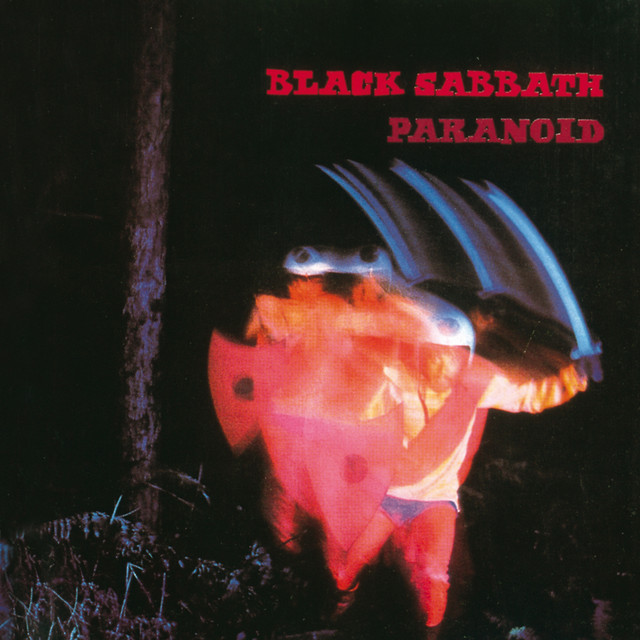
Black Sabbath – “Planet Caravan”
Most everyone writing about Ozzy’s passing has a similar story of the first time they heard his music and the formative access to a perceived sense of power and evil that it provided. It was Summer 2005, my childhood best friend and I had been rifling through his dad’s record collection, and we were finally brave enough to take BLACK SABBATH for a spin on the living room stereo system after being previously spooked by the cover. I’m sure you can imagine what happened once that opening riff kicked in. For the next year-and-a-half, Black Sabbath was the be-all, end-all of what I thought music could be. No other rock would suffice: AC/DC felt limp, Led Zeppelin felt fussy, and you could fuck all the way off with the Beatles. And of course, PARANOID was (and still is) the jewel of the crown—an album I could sing every note of every guitar solo to since the beginning of seventh grade, there was a significant period of my life where I was listening to it in full every day, much to my mother’s fearful chagrin (if I recall, I was expressly forbidden from making my first AIM screenname “BlackSabbath666”). The first album I had an obsessive, encyclopedic passion for and knowledge of, I couldn’t imagine anything better than PARANOID; except, that is, for “Planet Caravan.”
Told in quiet tones by my friend that there was one track I shouldn’t bother putting on my iPod Shuffle from the album, “Planet Caravan” made absolutely no sense to our 12-year-old minds. And really, who could blame us? A languid, cosmic romp relying heavily on atmosphere and mood instead of skull-crushing riffage, “Planet Caravan” is a sharp departure from the abrupt final notes of “Paranoid” that precede it and showcases an experimental and reserved side of the band that is rarely heard elsewhere in their catalog. More comparable to Pink Floyd or even the more zonked-out electric period of Miles Davis than any other proto-metal peers of the time, the loping bass is locked into a nearly dub-like cycle, the percussion is light, gentle, and seems beamed in from a dream, Iommi turns in a solo that’s more-or-less unfiltered jazz fusion, and Ozzy’s vocals… Well! To this day whatever he achieved with that Leslie speaker seems more fundamentally alien than almost anything else I can think of off the top of my head. It broke my 12-year-old brain, a warm missive from a spiritual cosmonaut that soaks into our limited plane of reality slowly, carefully, and sensually, leaving us feeling all the emptier when it floats back into space. It wasn’t until I was in my adult life, probably even post-college, if we’re being honest, that I was fully ready to appreciate “Planet Caravan,” which has now become an easy Top Five contender in my personal Ozzy and Sabbath canon. Entirely singular to this day, we should all thank whatever was in the acid that day, Ozzy’s irreplicable crepuscular crooning a highlight of his career and artistic output. “Planet Caravan” would be the perfect soundtrack to wherever he’s peacefully floating now. RIP Legend. [Thomas Seraydarian]
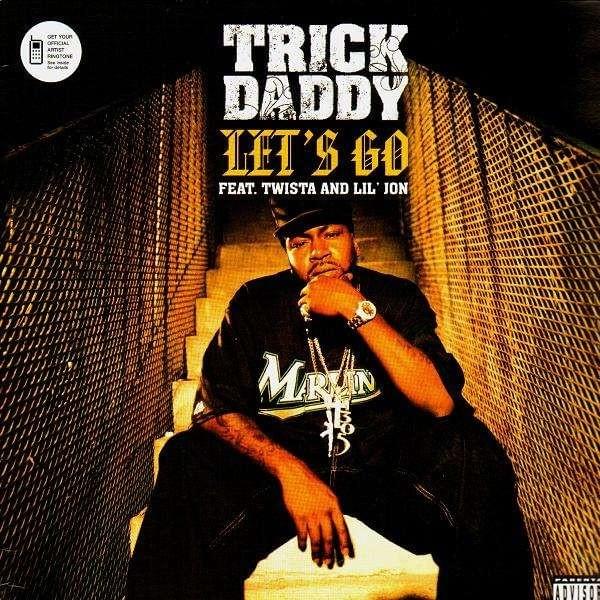
Trick Daddy – “Let’s Go”
Years before Post Malone helped Ozzy set records for longest gaps between Top 10 hits on “Take What You Want From Me,” Trick Daddy first brought the Prince of Darkness and rap together on 2003’s “Let’s Go” by sampling “Crazy Train.” Unlike some samples that grab the most memorable melody of a track and nothing else, Trick Daddy and his producers worked overtime when working on his highest-charting song. It has Twista laying down his traditional fast flows and maybe the greatest Lil Jon chorus ever over Rhodes’ classic guitar activation. However, the most inspired choice is Ozzy’s eerie, echoing vocal snippets that open “Crazy Train,” acting like ad-libs through the entire track. How many vocalists have a cackle so iconic and hype that it serves as the basis for a Southern hip hop and crunk classic? Plenty of metal singers have showcased more range, power, or vocal chops, but none could ever match Ozzy’s texture and potency as he delivered some of the most iconic refrains and moments of the genre. Hell, it was so special that it created iconic songs in other fields too! [Blake Michelle]
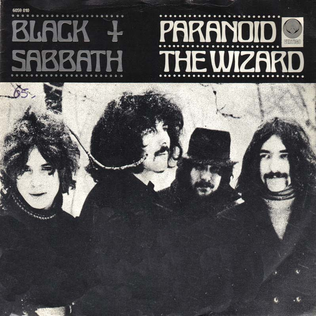
Black Sabbath – “The Wizard”
When I learned of Ozzy Osbourne’s passing, it wasn’t his fiery vocals that I thought of first. It wasn’t that intense, arena-sized pit of Hell he’d conjured on record time and time again. Nor was it his many, many controversies—from bats to Satan to Israel. It wasn’t his reality show, which I would fondly watch from afar at my friend Jacob Sietzer’s house during late-night sleepovers. And it wasn’t even my signed copy of PARANOID, a prized gift I have sitting in my apartment.
It was actually his harmonica playing.
The harrowing, sinister 20 seconds that open “The Wizard” are stupefying—as powerfully enchanting and evil as anything and everything he did with his voice over his over 50-year career.
“The Wizard” exemplifies Sabbath, and in turn Ozzy, as an ear-turning force of nature, the heavy English blues riffs blooming into early psychedelia and the vocals screaming up from the intern of many mountains. Both the mysticism radiating from the song and the subject matter itself would act as a compelling early example of the important grip fantasy would have on hard rock and metal as the genres grew, sitting squarely in its Tolkien influence next to Led Zeppelin’s “Ramble On,” released just a year earlier.
Curiously, Ozzy the harmonica player was (likely) a singular occurrence, even despite the band pushing “The Wizard” early in their careers—first as a debut single in France upon the release of their self-titled debut, then later as the B-Side to “Paranoid.” Allegedly there’s a bit of his harmonica playing on the extremely serviceable throwback rocker “Damaged Soul” from their better-than-it-should-be 2013 album 13, though Ozzy’s takes were allegedly scrubbed for a session player. And the forgettable closer to NEVER SAY DIE!, “Swinging the Chain,” found the Pretty Things touring member Jon Elstar picking up the ol’ mouth organ instead of the Prince of Darkness. But to essentially pick up the instrument literally one time and offer up one of the five greatest harmonica parts ever put to tape? That’s a real deal with the devil. RIP Ozzy. [CJ Simonson]


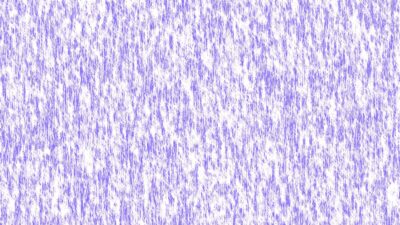
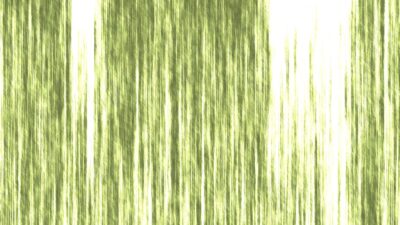

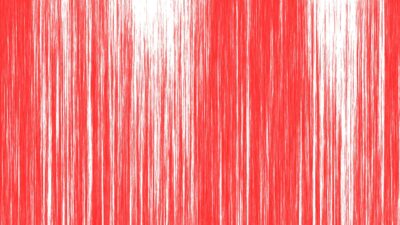
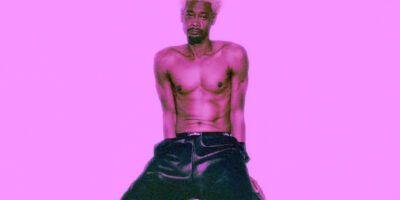

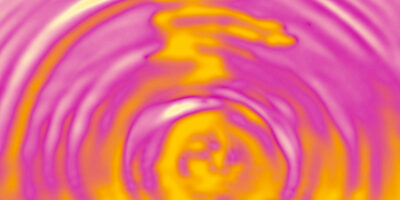







Comments